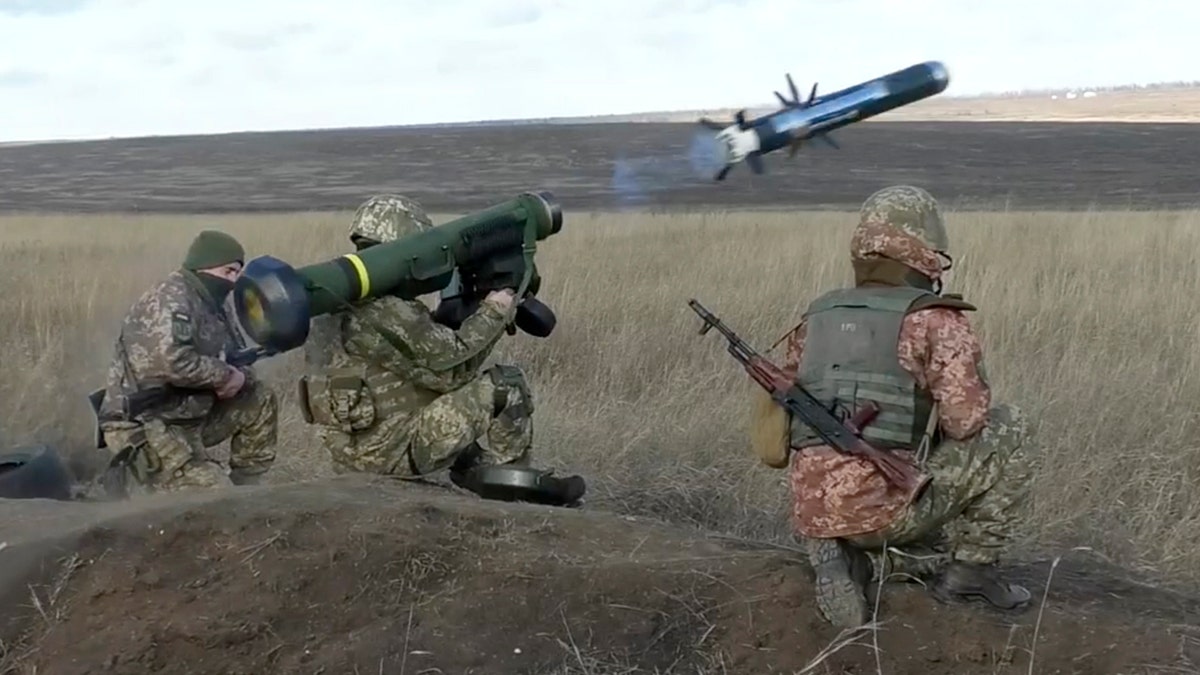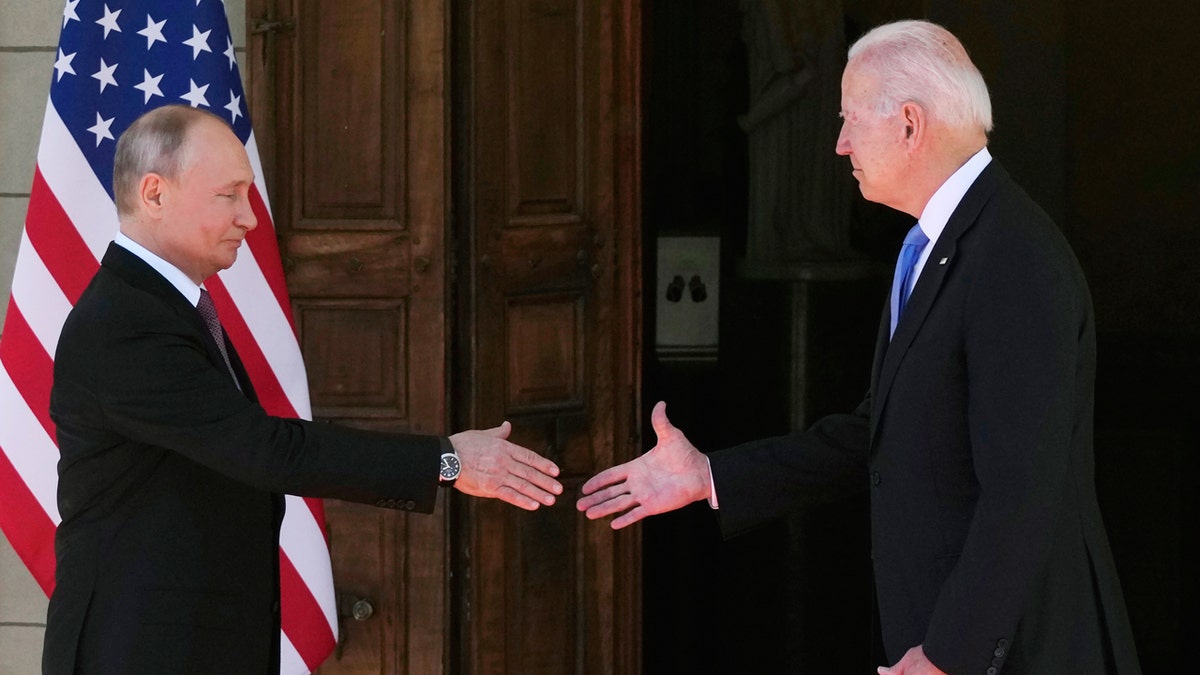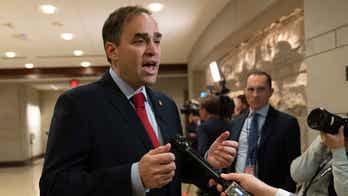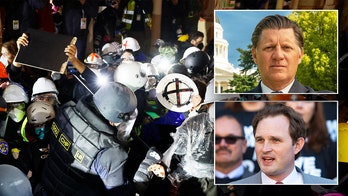Pompeo: Biden’s Ukraine remarks cannot be cleaned up
Fox News contributor and former Secretary of State Mike Pompeo says that President Biden’s comments put Ukraine ‘at real risk.’
White House press secretary Jen Psaki fielded questions from reporters Friday afternoon, and she responded to inquiries about the ongoing tensions in Ukraine and the United States' ability to extradite citizens in the increasingly tumultuous area.
Fox News' Jacqui Heinrich pressed Psaki on whether President Biden has a plan to evacuate U.S. citizens from Ukraine if needed.
"I will say that one, we are already at a level-four travel advisory for Ukraine for COVID-19 and … have been advising that U.S. citizens should be aware of reports that Russia is planning for significant military action against Ukraine," Psaki said.
RUSSIA THREATS, RHETORIC INCREASE CHANCE OF CONFLICT AS IT SEEKS NATO ASSURANCES
"We do conduct rigorous contingency planning, as we always do in the event of the security — any security situation deteriorates in any country around the world. The State Department does that assessment. I would point you to them for any predictions or previews of any steps they may take."
The likelihood of a Russian invasion of Ukraine is growing daily, and yet the leaders of Finland and Sweden remain firm in defending their countries' interests against threats from Moscow. Finnish Prime Minister Sanna Marin affirmed Finland’s right to chart its own security posture.
Asked if the White House was making an effort to tally and manage Americans living in Ukraine, Psaki deferred to expatriates' autonomy to come or go as they please. She did emphasize that resources are being made available for extradition.
"It's an open question around the world. We don't put a chip on Americans when they go to countries around the world and track their movements," Psaki said. "People can register at the State Department. That's something they do."

In this image taken from footage provided by the Ukrainian Defense Ministry Press Service, Ukrainian soldiers use a launcher with U.S. javelin missiles during military exercises in Donetsk region, Ukraine, Jan. 12, 2022. (Ukrainian Defense Ministry Press Service via AP)
"Or they may choose not to register or there might be people in any country around the world who are dual citizens who haven't lived in or have never lived in the United States. But the State Department would certainly have the number in terms of Americans who have registered with the State Department."
CLICK HERE TO GET THE FOX NEWS APP
During the same conference, Psaki was pressed on the country's communications with Russia, including the White House's intention to send concerns in writing. One reporter asked if this written demand would be a sign of weakness.
"Well, no one sees it that way from the U.S. negotiating team or from our partners and allies around the world," Psaki answered. "I think what we're engaged in here is seeing what's possible as it relates to diplomacy.
"And as I noted, it's not written answers like we're filling out a Q&A. We're also going to convey what our concerns are and reiterate a number of the strong statements you've heard the president and Secretary Blinken convey very publicly."
Psaki previously said Biden hadn’t spoken personally to Ukrainian President Volodymyr Zelenskyy since Biden appeared to downplay the potential for a "minor incursion" by Russia against the country during his press conference Wednesday night.

President Biden and Russian President Vladimir Putin arrive to meet at the Villa la Grange in Geneva, Switzerland, June 16, 2021. (Alexander Zemlianichenko, File Pool)
Biden raised eyebrows during his marathon press conference when he said action by NATO following a Russian incursion "depends" on the size of the invasion.
Russia’s military buildup along its border with Ukraine and the hostile rhetoric coming out of Moscow is making some of its regional neighbors rethink long-held post-World War II security arrangements.
Recent pronouncements coming from Finland and Sweden suggest the two countries are now more open to joining NATO and will not back down in the face of threats from Russian President Vladimir Putin.





